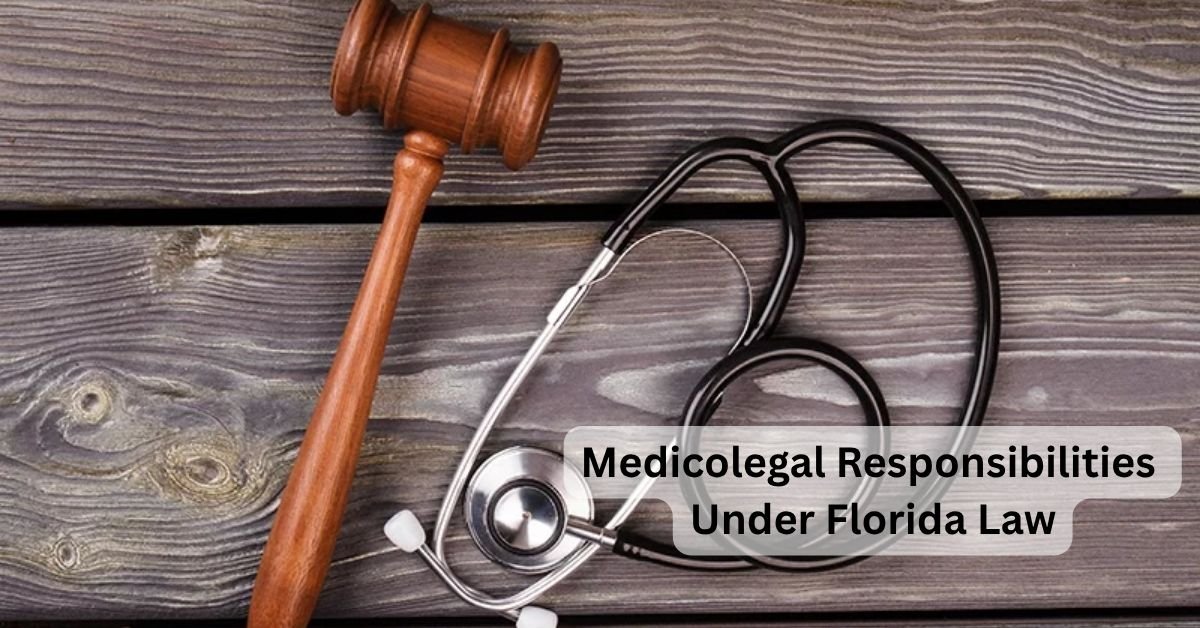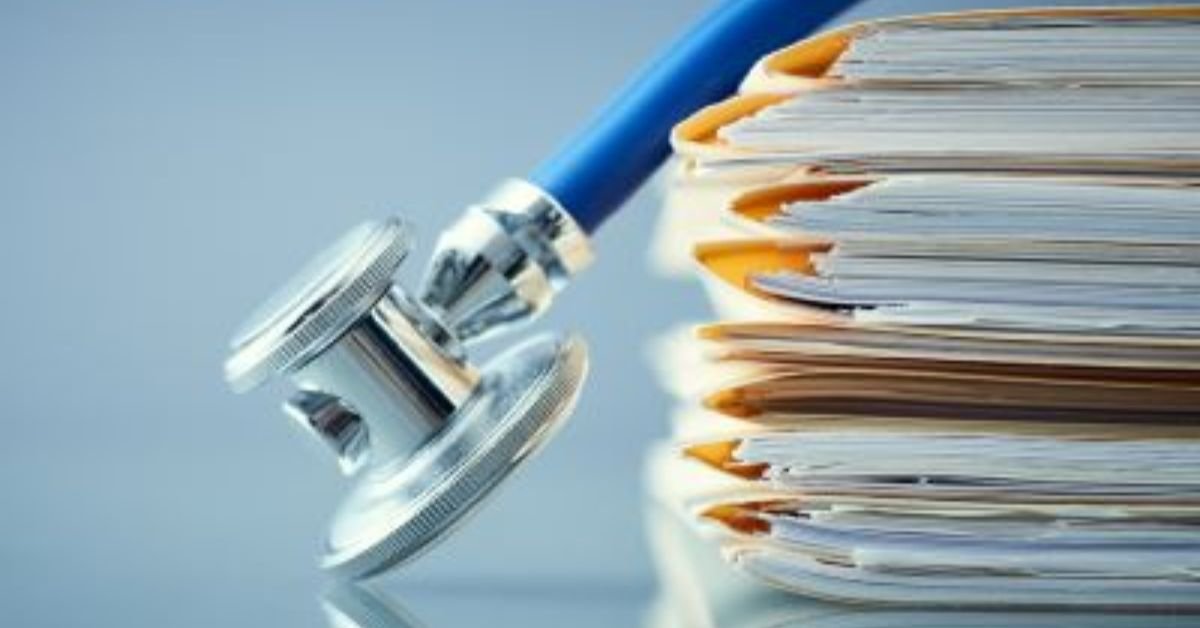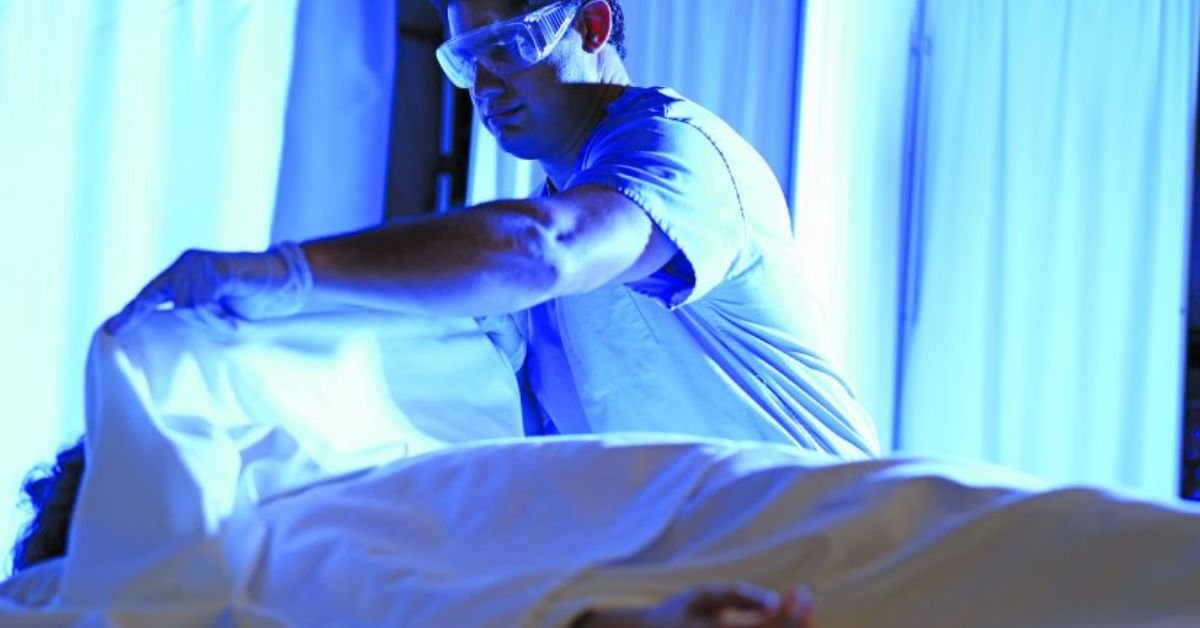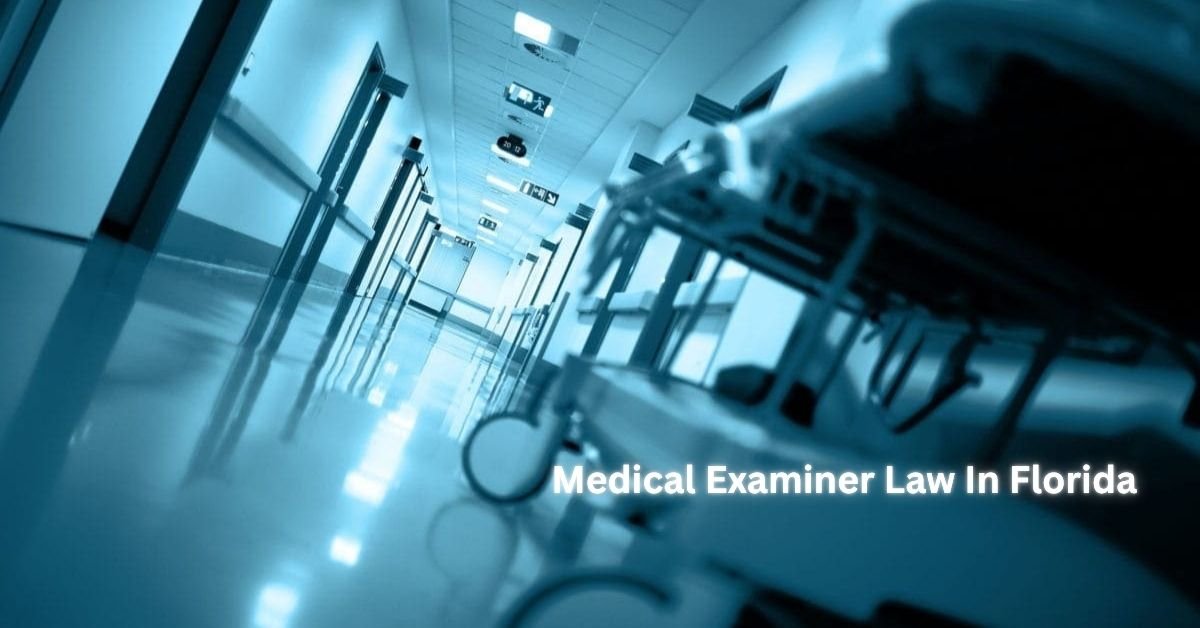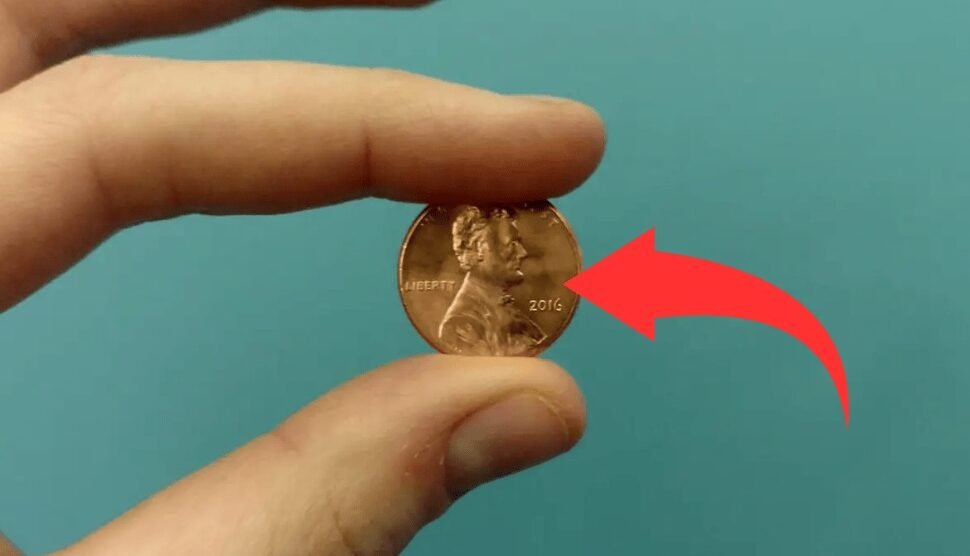Medicolegal responsibilities in Florida refer to the legal duties and obligations of physicians, medical examiners, and related professionals in cases involving death, injury, or health-related legal matters. These responsibilities are codified across several chapters of the Florida Statutes and are designed to ensure public safety, legal accountability, and scientific integrity in both clinical and forensic settings. This article outlines the scope of medicolegal responsibilities under Florida law, emphasizing death reporting, medical examiner duties, documentation requirements, and legal compliance.
Definition and Scope of Medicolegal Responsibilities
“Medicolegal” pertains to issues that lie at the intersection of medicine and law. In Florida, this includes actions such as:
- Certifying the cause and manner of death
- Reporting suspected abuse or violence
- Preserving forensic evidence
- Participating in legal proceedings
- Maintaining compliance with documentation standards and reporting laws
These responsibilities are not limited to forensic pathologists; they may also apply to licensed physicians, healthcare workers, law enforcement officers, and coroners, depending on context and jurisdiction.
Statutory Framework Governing Medicolegal Duties
The medicolegal system in Florida is governed by multiple statutes, primarily found in the following chapters:
- Chapter 406, Florida Statutes – Medical Examiners
- Chapter 458 – Medical Practice (for MDs)
- Chapter 459 – Osteopathic Medicine (for DOs)
- Chapter 827 – Abuse of Children
- Chapter 381 – Public Health
- Chapter 395 – Hospital Licensing and Regulation
Each statute assigns specific legal duties that intersect with forensic investigation, health documentation, and reporting requirements.
Death Investigation and Reporting
One of the most clearly defined medicolegal responsibilities under Florida law is the obligation to report certain types of deaths. According to Fla. Stat. § 406.11, deaths that must be referred to the local District Medical Examiner include:
- Violent deaths (homicide, suicide, accident)
- Deaths under suspicious or unusual circumstances
- Deaths in individuals without recent medical care
- Deaths that occur in custody or state institutions
- Deaths that may constitute a threat to public health
When such a death occurs, it is the legal responsibility of the attending physician, hospital administrator, law enforcement officer, or funeral director to notify the medical examiner immediately.
Role of the District Medical Examiner
Florida’s Medical Examiner System is unique in that it is district-based and state-regulated. There are 25 medical examiner districts, each led by a board-certified forensic pathologist appointed by the Medical Examiners Commission, an entity under the Florida Department of Law Enforcement (FDLE).
Key medicolegal responsibilities of District Medical Examiners include:
- Performing autopsies and postmortem examinations
- Determining the cause and manner of death
- Collecting and preserving forensic evidence
- Issuing death certificates
- Testifying in criminal and civil proceedings
- Submitting reports to FDLE and local agencies
Their duties are detailed in Fla. Stat. § 406.12–406.145.
Medical Certification of Death
Florida law mandates that all deaths must be certified by a licensed physician or medical examiner. Under Fla. Stat. § 382.008, the attending physician must complete the cause of death section on the death certificate within 72 hours unless the case is referred to the medical examiner.
Improper or delayed certification may result in disciplinary actions by the Florida Board of Medicine and may affect estate, insurance, and criminal proceedings.
Mandatory Reporting Duties
Florida law imposes a number of mandatory reporting requirements on healthcare professionals. These are also part of their medicolegal responsibilities. They include:
- Reporting child abuse, elder abuse, and domestic violence under Fla. Stat. § 39.201 and § 415.1034
- Reporting gunshot wounds, burns, and other injuries related to violence under Fla. Stat. § 790.24
- Reporting communicable diseases to the Department of Health under Fla. Stat. § 381.0031
Failure to report these conditions can result in criminal liability, civil penalties, and professional disciplinary action.
Evidence Preservation and Chain of Custody
Medical examiners and healthcare professionals must ensure the integrity of forensic evidence, especially when handling tissue samples, toxicology reports, or physical items such as bullets or clothing. Proper chain-of-custody documentation is a legal necessity in criminal investigations.
Florida law does not allow medical evidence obtained through improper handling or undocumented procedures to be admissible in court, under both state law and Rule 90.401 of the Florida Evidence Code.
Subpoenas and Court Testimony
Another component of medicolegal responsibilities in Florida is compliance with legal summons. Medical examiners and other forensic professionals are frequently subpoenaed to testify in criminal trials, civil lawsuits, inquests, and depositions.
They must provide expert testimony related to:
- Autopsy findings
- Time and cause of death
- Injury patterns
- Toxicology results
- Scene investigation coordination
Florida law protects qualified expert witnesses under specific provisions in Fla. Stat. § 90.702, but also imposes standards for admissibility and reliability under the Daubert standard, as adopted in 2019.
Confidentiality and Public Records
Florida has robust public records laws, including Fla. Stat. § 119, which impact the disclosure of medical and autopsy records. While many medical examiner records are public, there are exceptions for:
- Ongoing criminal investigations
- Deaths of minors (under Fla. Stat. § 406.135)
- Sensitive images, such as autopsy photographs
- Identifying information protected by HIPAA or other privacy laws
Professionals must balance transparency with legal confidentiality in compliance with both state and federal regulations.
Professional Oversight and Disciplinary Action
Failure to uphold medicolegal responsibilities in Florida can result in disciplinary action from:
- The Florida Board of Medicine
- The Medical Examiners Commission (via FDLE)
- The Department of Health
- The Agency for Health Care Administration (AHCA)
Penalties may include license suspension, fines, loss of appointment, and criminal prosecution, depending on the severity of the violation.
Table: Key Medicolegal Responsibilities Under Florida Law
| Duty | Applicable Law | Responsible Parties |
|---|---|---|
| Death investigation & autopsy | Fla. Stat. § 406.11–406.145 | District Medical Examiner |
| Death certificate completion | Fla. Stat. § 382.008 | Attending physician or medical examiner |
| Reporting abuse or violence | Fla. Stat. § 39.201, § 415.1034, § 790.24 | Healthcare professionals, law enforcement |
| Disease reporting | Fla. Stat. § 381.0031 | Hospitals, clinics, labs |
| Evidence preservation | Rule 90.401, Florida Evidence Code | Medical examiner, lab personnel |
| Court testimony | Fla. Stat. § 90.702 | Qualified forensic or medical experts |
| Records and confidentiality | Fla. Stat. § 119, § 406.135 | All record-keeping institutions |
Conclusion
Medicolegal responsibilities under Florida law encompass a complex but essential set of duties that protect the integrity of medical investigations, uphold public health standards, and support the justice system. Whether certifying a death, testifying in court, or preserving forensic evidence, professionals in medicine and forensic science must act in accordance with state statutes, ethical guidelines, and regulatory mandates. By understanding and fulfilling these responsibilities, Florida’s medical and legal communities collectively reinforce the rule of law and public trust in critical forensic and healthcare processes.
References
- Florida Statutes Chapter 406 – Medical Examiners: https://www.leg.state.fl.us/statutes
- Florida Statutes Chapter 458 – Medical Practice: https://www.leg.state.fl.us/statutes
- Florida Statutes Chapter 381 – Public Health: https://www.leg.state.fl.us/statutes
- Florida Department of Law Enforcement – Medical Examiners Commission: https://www.fdle.state.fl.us/MEC
- Florida Board of Medicine: https://flboardofmedicine.gov
